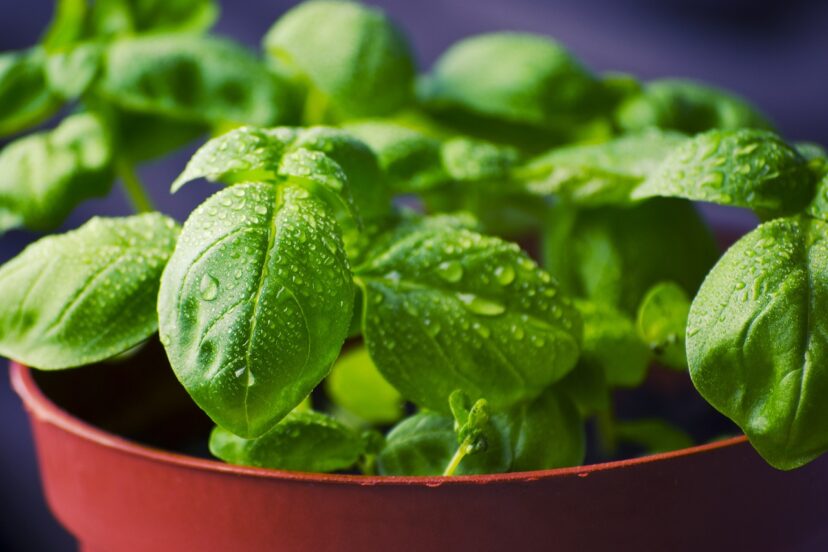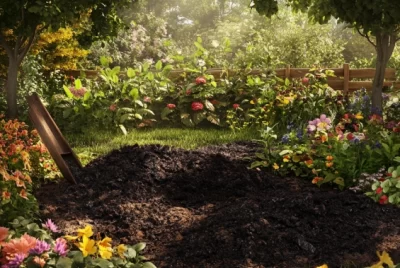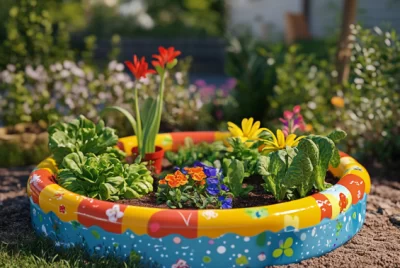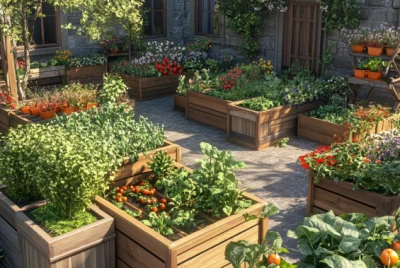Indoor Herb Gardening: Add Flavor and Fragrance to Your Home
Indoor herb gardening is a delightful venture that allows you to harvest fresh, flavorful herbs year-round, no matter the weather outside. As an enthusiast who has experienced the joy of snipping off a sprig of basil for a homemade pasta sauce or plucking fresh mint for a refreshing tea, I can tell you there’s nothing quite like it. But, what does it take to get started, and why should you consider growing herbs indoors?
Why Choose Indoor Herb Gardening?
The allure of having your own little green space inside your home is strong. Indoor herb gardening is not just about adding a dash of green to your decor; it’s about bringing nature into your kitchen and onto your plate. It’s convenient, it’s eco-friendly, and honestly, it’s quite therapeutic.
Selecting the Right Herbs for Your Indoor Garden
Choosing herbs that will thrive indoors is crucial. Not all herbs are created equal when it comes to indoor environments. Some need more light, some prefer drier conditions, and some simply don’t take well to being indoors.
Common Herbs to Grow Indoors
Basil, chives, mint, parsley, and cilantro are some of the more forgiving herbs that can adapt to indoor conditions. They are the perfect starters for your green thumb journey.
Choosing the Perfect Location
Finding the sweet spot where your herbs will flourish is key. Most herbs crave sunlight, so a windowsill that receives plenty of natural light is ideal.
Light Requirements
Most herbs need around 6 to 8 hours of sunlight a day. If your space lacks natural light, don’t fret—artificial grow lights can work wonders.
Temperature and Humidity
Herbs are like Goldilocks—they like their conditions not too hot, not too cold, but just right. A consistent temperature and moderate humidity will keep them happy.
Soil and Planting Mediums
Herbs aren’t too picky, but they do best in well-draining soil. Adding a bit of sand or perlite ensures they’re not sitting in wet soil, which can lead to root rot.
Pots and Containers
The container you choose can be a personal statement as well as a practical decision. Make sure it has proper drainage to keep those herbs in tip-top shape.
Planting Techniques
Starting herbs from seeds or cuttings has its own set of rewards. It’s cost-effective and satisfying to watch your herbs grow from the ground up—literally.
Watering Your Herbs
Overwatering is a common misstep in the herb gardening saga. It’s best to water when the top inch of soil is dry to the touch.
Fertilizing Wisely
Herbs will benefit from occasional feeding, but too much can lead to leafy plants with less flavor. Organic fertilizers are your best bet for healthy herbs.
Pruning and Harvesting
Regularly snipping your herbs helps them grow bushier and more productive. Plus, it gives you a continuous supply for your culinary exploits.
Dealing with Pests
Pests can be pesky, but there are natural ways to combat them. Neem oil or insecticidal soaps can offer an organic solution to your pest problems.
Addressing Poor Growth
If your herbs aren’t thriving, consider the basics: light, water, soil, and nutrients. Adjusting these elements can often lead to a turnaround in health.
Managing Diseases
Herbs are fairly resilient, but they’re not immune to disease. Good airflow, proper watering, and cleanliness can prevent most common ailments.
Advanced Tips for Thriving Herbs
Once you’ve got the basics down, experiment with techniques like using grow lights or even setting up a small hydroponic system.
Using Grow Lights
Grow lights can be a game-changer in the dark winter months, providing your herbs with the spectrum of light they need to keep growing.
Hydroponic Systems for Herbs
Hydroponics can seem intimidating, but it’s just another way to provide nutrients to your plants. It can lead to impressive growth and yields.
Culinary Uses of Fresh Herbs
There’s nothing like fresh herbs to elevate your cooking. From basil in your pesto to rosemary on your roasted potatoes, the difference is palpable.
Health and Wellness
Beyond taste, herbs offer a range of health benefits. They’re packed with antioxidants, vitamins, and other compounds that promote health and wellness.
Aesthetic and Environmental Benefits
Herbs purify the air and add a sense of tranquility to your space. They’re a small but meaningful way to contribute to a greener planet.
DIY Herb Garden Projects
Get your creative juices flowing with DIY herb garden projects. From hanging planters to repurposed tea tins, the possibilities are endless.
Innovative Planting Ideas
Think outside the pot. Vertical gardens, herb walls, and even old mason jars can become your herb’s new home.
Making Indoor Herb Gardening a Family Activity
Involve your family, especially kids, in herb gardening. It’s a fun way to educate them about nature and healthy eating.
Reflecting on the Journey of Indoor Herb Gardening
As we come to a close, remember that every herb garden is a living story. It’s about learning, growing, and enjoying every step of the process.
Frequently Asked Questions About Indoor Herb Gardening
What are the easiest herbs to grow indoors?
The easiest herbs to grow indoors include basil, chives, mint, parsley, and cilantro. These herbs are generally hardy and don’t require as much direct sunlight or care as some other herbs. They also tend to be resilient to the common mistakes made by beginner gardeners, such as inconsistent watering.
How often should I water my indoor herbs?
Watering frequency for indoor herbs depends on various factors, such as the type of herb, the environmental conditions of your home, and the size of the pot. A good rule of thumb is to water when the top inch of soil feels dry to the touch. It’s important to ensure that the pots have good drainage and to avoid letting the herbs sit in water, as this can cause root rot.
Do I need special lights for growing herbs indoors?
While many herbs prefer natural sunlight, you can use grow lights if you don’t have a sufficiently sunny window. Grow lights are a great way to provide your herbs with the spectrum of light they need, especially during the shorter daylight hours of winter. LED grow lights are energy-efficient and can be set up to provide light for 6-8 hours a day, which is what most herbs need for healthy growth.
Can I use regular potting soil for my indoor herb gardening?
Regular potting soil can be used for indoor herbs, but it’s best to modify it to ensure proper drainage. You can mix in some perlite, vermiculite, or sand to increase aeration and prevent waterlogging. There are also potting mixes available specifically designed for herbs and other indoor plants, which might be a convenient option.
How do I use my harvested herbs?
Fresh herbs can be used in a wide variety of dishes to add flavor and freshness. Snip off what you need for cooking—basil for sauces and pesto, mint for teas and cocktails, cilantro for salsas and curries, etc. You can also dry or freeze herbs for later use. Drying is simple: tie the herbs in small bunches and hang them upside down in a warm, dry place. Once dried, you can store them in airtight containers. Freezing herbs can be done by chopping them and placing them in ice cube trays covered with water or olive oil, then using them as needed for cooking.
Conclusion
Indoor herb gardening is a fulfilling and flavorful adventure that rewards you with fresh, aromatic herbs, a touch of greenery, and the satisfaction of cultivating life within your home. With these guidelines and tips, you’re well on your way to becoming a confident indoor gardener, ready to revel in the challenges and triumphs that come with nurturing your own herbs. The key is to start simple, stay patient, and savor the growth—not just of your plants, but of your skills and passion as a gardener. Happy planting!




